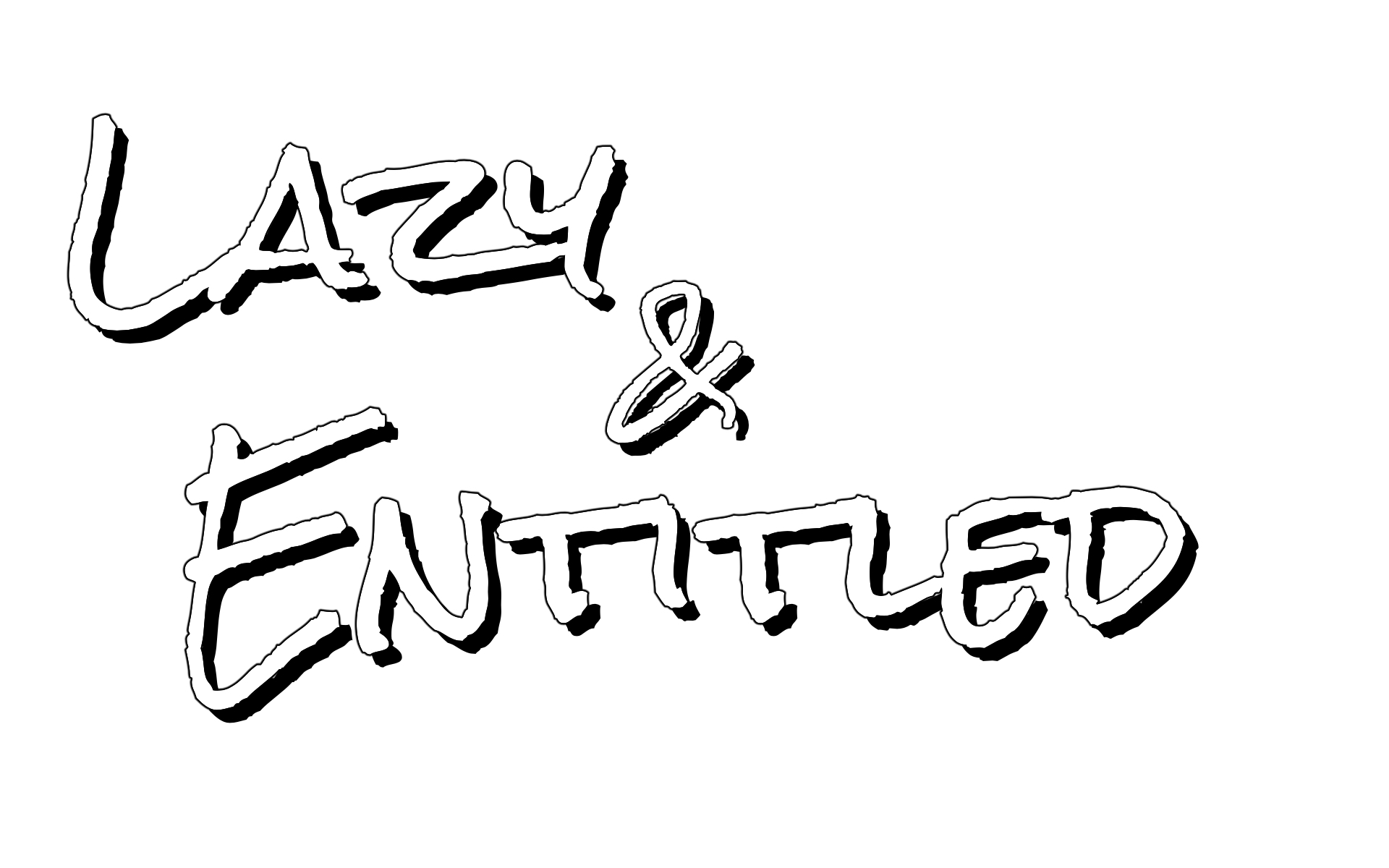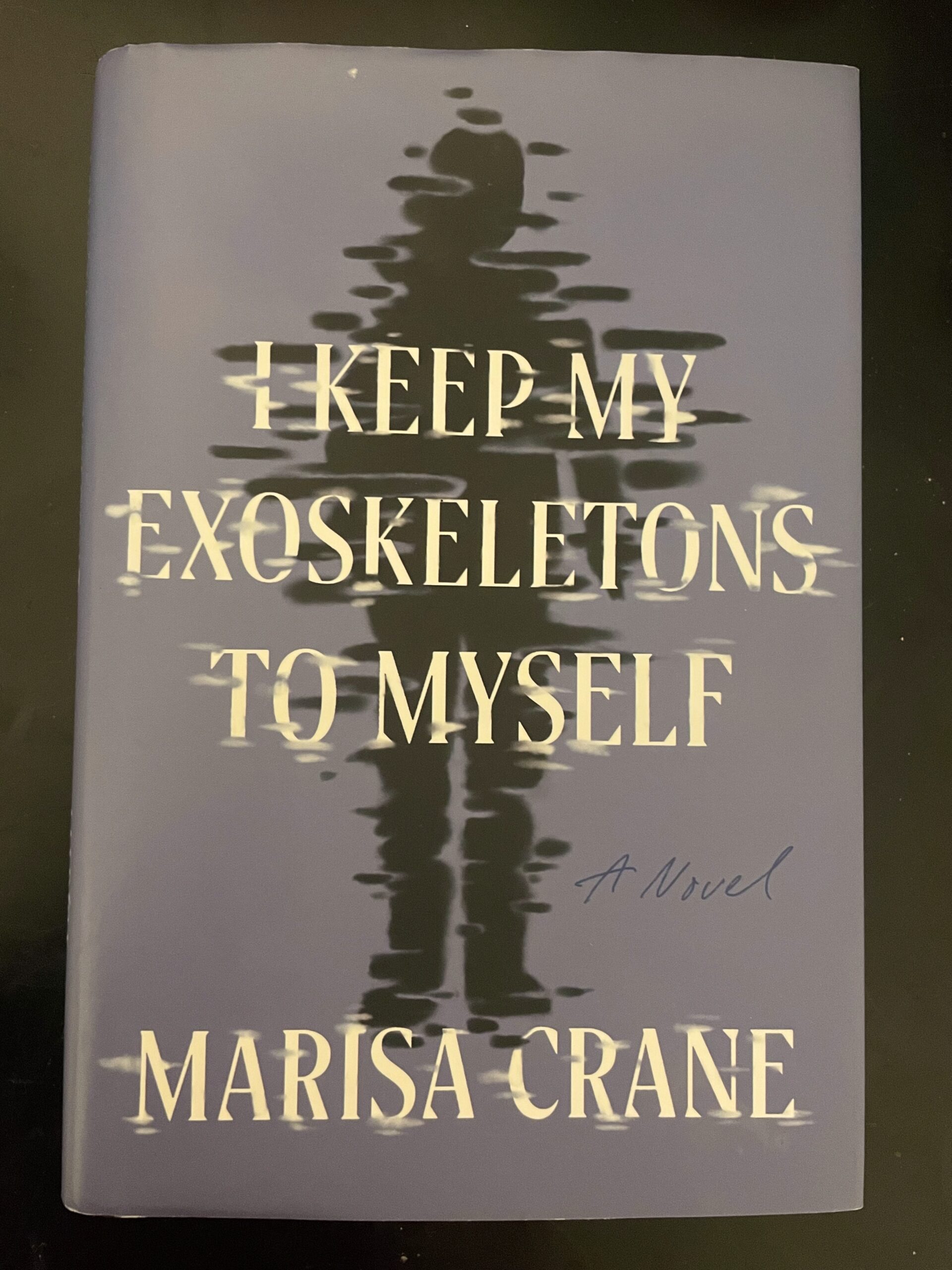“‘Stay strong,’ people from your past say, gripping me by the shoulder while trying to avoid eye contact with my shadow. But I don’t want to be strong, I want to be a time-traveler.” – Mac Crane, ‘I Keep My Exoskeletons To Myself’
WOOOOO I’ve been WANTING to re-read this book since the second I closed the page the first time. As Kevin Durant once said, u ever wake up in the middle of the night thinkin bout a book you know you like or bout to start readin and think “damn I want to read them?” I do.
Also, writing before Game 1 starts on Thursday: Thunder in 5. I know it’s a safe pick, so I’ll up the stakes by saying the Pacers steal Game 1. The Second Coming of Penny Hardaway gets a Finals MVP.
What I’ve Been Reading This Week:
A book that should be required reading for new parents. A book that proves you don’t have to be the same demographic as the narrator, because I relate to widowed lesbian narrator very much. A book that, if you squint, could conceivably be a long poem (swoon). A book that, funnily enough, paired very well with the new Lilo and Stitch, which I took the kid to see right after finishing it (this book is far better, though). A book that has more to say about resistance to fascism than probably 900% of the books on the market right now. I’m talking, of course, about I Keep My Exoskeletons To Myself by Mac Crane.

Quick rehearsal of what’s going on here, because I think last time I got too excited and didn’t actually say anything intelligible about the novel: the United States is exactly like the one we know, only without prisons. Don’t cheer to fast—instead of prisons, people get an extra shadow attached to their body, a sci-fi scarlet letter, any time they get caught doing something bad. That’s maybe an elementary school phrasing, but the cops here have the wanton authoritarian confidence of, well, present-day ICE agents. People are snatched up, taken to a public shaming site, and given extra shadows. Those with extra shadows face the kind of bigotry you’d expect from an overly-scared-of-everything, passively indoctrinated population (kinda like the US we know). Our narrator, Kris, watches her wife die in childbirth, then watches as a Department Agent tacks an extra shadow on the not-yet-wiped-off newborn. Then page two happens.
Despite that horror show of a background, this novel is (still) one of the most uplifting, most make-you-feel-bulletproof novels I’ve ever read. I haven’t done a top five ranking in a while, but this is in there. The background of frightening authoritarianism gives way, and colors that paint this canvas are of love, learning to parent, dealing with your mistakes and shortcomings in unproductive ways until you figure out how to deal with them in productive ways, learning to play guitar, learning to forgive estranged parents while also making them love you on your terms, and sex. So much sex. But Mac is not writing purely for lurid titillation. Mac is all-world at writing desire, at capturing the most specific of intimacies, at fully realizing an emotion in the space of a sentence or two. Remember last week, when I said Jay Kang’s narrator was stupid for saying that the existence Tolstoy means writers shouldn’t even try to describe love anymore? Well, I’ve never read Anna Karenina, but I’ve read Exoskeletons twice, and both times thought, “this is it. This is the book that nails what it’s like to be a new parent, this is the book that nails what it’s like to love a partner.” And maybe it’s just the musician in me, or the former basketball player in me, but reading a book this perfectly realized doesn’t make me feel like I shouldn’t also try. It’s got me fired up to get writing.
Something I noticed this time around that I didn’t last time: the shift that comes, near the end of the novel, when Kris starts using her kid’s name, instead of calling her “the kid,” and the reason why. It’s a shift that, when I realized what was going on, made me feel like I was going to levitate. Possibly dunk. Read this book to experience that.
LINKS!
Something to listen to while you browse? My kid’s school just had their annual concert, which for kindergarteners and first graders means a lot of singing about different countries and cultures. It makes sense—a teacher recently told me 60 languages are spoken at that school. How rad is that? Public school rocks, idk what y’all are doing messing around with privates and charters. Anyway, at one point, they sang the Yo Gabba Gabba song, to celebrate the Gullah Gechee. So let’s revisit the time Yo Gabba Gabba and Thundercat were on Tinydesk:
- Very cool bit of flash from Marisca Pichette in Deadlands, “Catalogue of the Exofaithful Practices on Exoplanet SSR24-∞.”
- Sci-fi, or is it horror? Here’s “TALK: ‘The Siren Song of the Otherworld Goggles” by Dominica Phetteplace in Lightspeed.
- Never a bad time to read Ursula K. Le Guin talking about technology.
- If you, like me, are still shaking your head over that Sun-Times AI book rec insert, why not head over to Reactor and let Nisi Shawl take you on a tour through Black science fiction? Plenty of good recs there.
- Okay, one white guy, and it’s not fiction: over at Defector, Barry Petchesky makes the case that if NASA were serious about their Crew Health and Performance Exploration Analog missions, conducted in the Mars Dune Alpha habitat, they would invite him along to test the astronauts’ patience. Colonizing Mars isn’t worth it in my opinion, it’s especially not worth continuing the species if Barry Petchesky can’t come along. Nothing in that sentence is sarcastic. We need to push the Mars Dune Alpha to the limit, “itself a nifty bit of technology. It was 3D printed in one month, just as a real Mars habitat might be made of compacted Martian soil and built by a fully automated process before astronauts arrive, because it’s a lot easier and more cost-effective to send up a 3D printer than it would be to ship an entire building. My vow to NASA and to the pursuit of science itself is that I would screw up the structure somehow, possibly by slamming a door so hard a piece of it falls off, exposing the inhabitants to the elements and a rapid death.” Hey, Cub Scouts taught me to be prepared.
What’re you still doing here? Don’t you know that Micah and Brendan have a show?
If you work in the service industry, may you clean up in tips this weekend. Listen, there’s a part in Exoskeletons where the kid tells her mom “everything important isn’t good, and everything good isn’t important.” Meaning, like, to this six-year-old, listening to petty authoritarians is important, but playing guitar is good. Sad realization for a child, right? Well. Remember the lesson Kris learns later: “What I didn’t tell her was that she was only thinking of what society found important. I hope she can see that if it’s important to her, then it is good. That her tireless rebellion, although not particularly smart or safe, is both important and good.”
Sorry you will eventually get an email,
Chris


One thought on “Friday Links: Sci-Fi That Isn’t White Cis Men Edition”